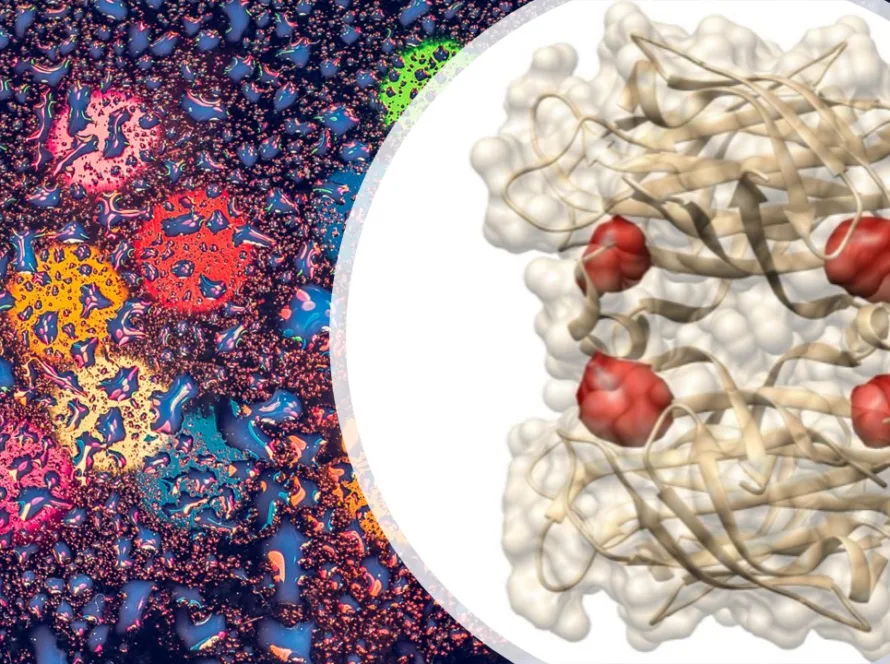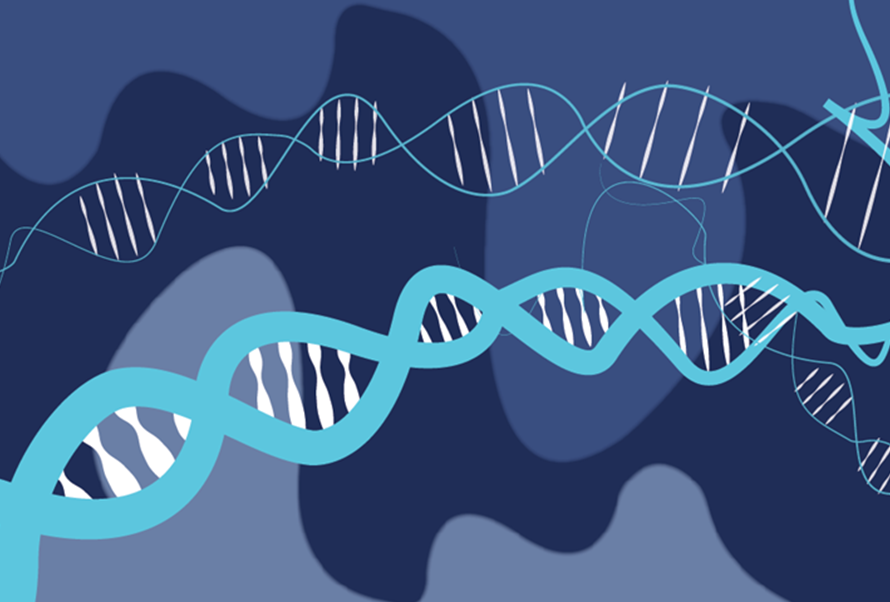Many stem cell therapies are still in the research stage, and some are being used in clinical practice worldwide for specific conditions.
Bone marrow transplants are the most widely used stem cell treatment currently available and are typically used to treat blood disorders like lymphoma or leukemia. Certain diseases or injuries of the skin, bones, and eyes can also be treated.
All new treatments, including stem cell therapies, must be approved by the appropriate health regulatory bodies in numerous countries before being available in a hospital or clinical setting. Research is up-and-coming for many conditions, and it is almost a given that new, approved treatments will be available soon. However, hospitals must meet all relevant health requirements before administering new medical interventions.
In clinical practice, stem cell therapy is frequently used to treat COVID-19 and has helped many critically ill patients survive. Research trends and hotspots in this field can be identified and analyzed through bibliometric analysis.
With a few exceptions that are either approved for specific indications or currently considered best practices in particular settings (such as skin equivalents, hepatocyte transplantation, and bone marrow/stem cell transplants), most cell therapies are currently in the early stages of development (phase 1/2).
Over the past few decades, significant advancements have been made in stem cell research and therapy. Researchers have developed techniques for isolating, cultivating, and working with stem cells from different sources, such as adult stem cells, induced pluripotent stem cells (iPSCs), and embryonic stem cells (ESCs).
Early embryos provide the source of embryonic stem cells (ESCs), which can develop into any cell type in the body. Although ESCs are the most versatile option for applications in regenerative medicine, their use is debatable because of ethical issues.
Reprogramming adult cells, like skin or blood cells, to become pluripotent again yields induced pluripotent stem cells (iPSCs). Since they do not bring up the same ethical issues as ESCs, iPSCs present a viable substitute.
Adult stem cells can differentiate into specialized cells of the tissue in which they reside. They are present in many bodily tissues. While adult stem cells are not as flexible as iPSCs or ESCs, they are still widely accessible and do not present any ethical issues.
It’s crucial to remember that not all stem cell treatments have produced the anticipated advantages in clinical trials. For instance, stem cell therapy has become a popular new approach to treating ischemic heart disease (IHD), but research has produced contradictory findings in clinical settings.
The top five nations in the world market for stem cell tourism are the United States, China, India, Thailand, and Mexico. Because most stem cell clinics are in low—and middle-income nations, individuals who travel for stem cell therapy risk unproven treatment.
Resources:
- https://www.frontiersin.org/articles/10.3389/fpubh.2022.1016237/full
2. https://link.springer.com/article/10.1007/s12015-022-10369-1
3. https://stemcell.aestheticsadvisor.com/2022/06/best-stem-cell-centers-in-us-and-world.html
4. https://www.frontiersin.org/articles/10.3389/fmed.2021.756029/ful





